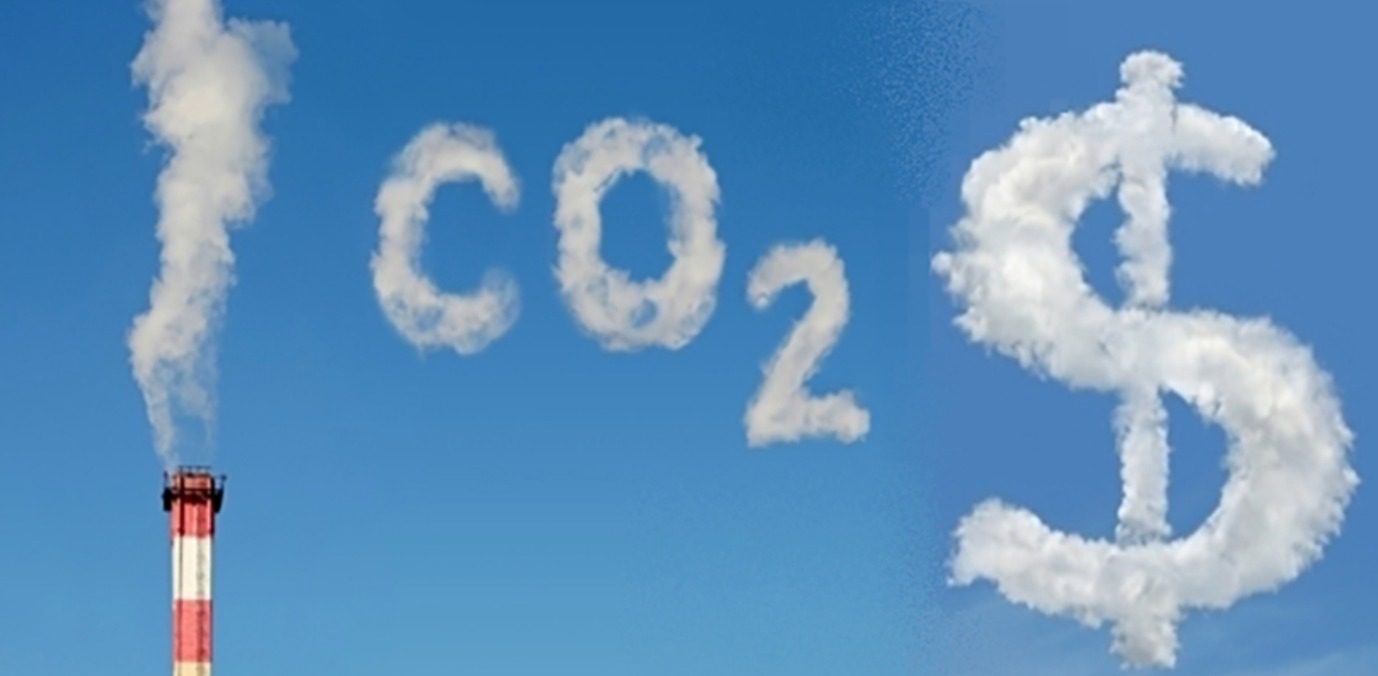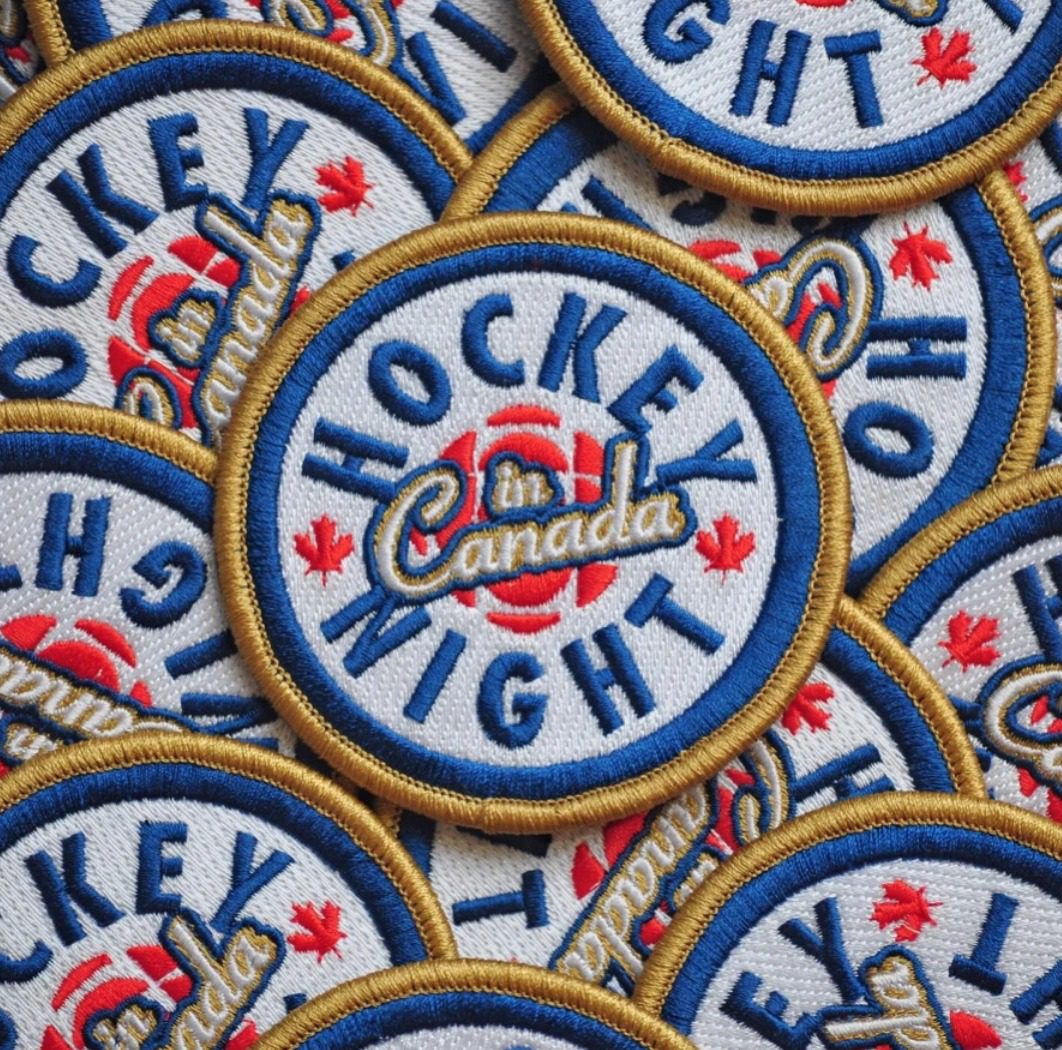News that the Liberal government plans to keep raising the federal carbon price over the next decade in order to meet our 2030 Paris targets was met with howls of outrage, mostly from both federal and provincial conservatives, for whom this was going to be "devastating" for the economy and families, and how this was going to mean another 37 cents a litre when they fill up their cars, and that this was the worst possible time to do this given the economic devastation that this pandemic has wrought. Beyond the hyperbole, we also saw a whole new tranche of lies being promulgated by several prominent conservatives.
Ontario premier Doug Ford called the planned increase a "sledgehammer" on working people and "the worst thing you'll ever see."
"You're paying 30 per cent more for everything, not just gas, food, cosmetics, services, restaurants," Ford said, and called the plan a "30 percent tax grab."
Erin O'Toole sent out several shitpost tweets, saying things like "Conservatives won't stand for tax hikes in the middle of a pandemic," and blasted the federal government for not freezing the planned price increase for January 1st, citing BC having done so but neglecting to mention that BC's price was already at the level that the rest of the country will catch up to with this next increase. O'Toole also claimed, however, that the party supported reaching net-zero emissions by 2050, but how exactly they plan to do that without a carbon price or magic is anyone's guess.
Former Conservative leader Andrew Scheer was even more egregious in his false characterization of the plan, tweeting "Now we know how the Liberals will pay for their massive deficits. Trudeau announced the Carbon Tax is going from $50 to $170. That's over 300%. Hang on to your wallets!"
The obvious lie here is that these revenues don't stay in federal coffers rather, they are returned to the province they are collected in, and if those provinces don't have a framework in place looking at you Ontario, Alberta, Saskatchewan, and Manitoba then they are rebated to individual Canadians. And in fact, part of the plan that was announced was that the rebates would be front-loaded quarterly instead of annually, so that they do more to off-set the increased costs for low-income Canadians.
Ford, O'Toole, Scheer they all know that there are rebates, but would rather lie to people in order to make them irrationally angry. Scheer used to stand up in the House of Commons and scream that this carbon price was going to be used to pay for the Liberals' "out of control spending," and that when pointed out to him about the rebates, he would cry "Nobody believes that!" Until it happened, and lo, the rebates appeared with people's tax returns, but he apparently hasn't stopped the lie in the face of all evidence to the contrary. Live by the shitpost, die by the shitpost.
Of course, it becomes incumbent upon this government to clearly communicate what this price and these rebates mean in terms of incentivizing people to reduce their emissions. The rebate is a fixed amount, which means people should be looking for ways to maximize it by finding ways to reduce the amount they pay. One good analogy is that when you go to the bar, and someone at the door tells you that the price of Blue has gone up by $5, but hands you a $5 bill to compensate for it. You could buy Blue and break even, or you could buy another beer at the old price, and pocket the $5. The same principle applies but I'm not sure that we've seen this kind of messaging from the government. Instead, they keep repeating that the economy and the environment go hand-in-hand, as though that explains anything.
And explaining the thinking is obviously necessary, because there are people who say things in all sincerity like "We have a carbon tax, so why is climate change still happening?" Or who believes that the revenues carbon price is somehow going to do something to reduce emissions, somehow. Nobody (other than economists) wants to talk about price incentives. The NDP, for example, rails that this kind of carbon price just punishes regular Canadians and doesn't go after "big polluters" without actually grasping that this is about targeting the demand-side of the equation, and that most of those "big polluters" are really just responding to market demand. I'm not sure I've yet heard the Justin Trudeau or a member of his government actually articulate why market-based mechanisms like carbon prices tend to work by reducing demand (and if they have articulated, it, it was a one-time thing).
But it's this absence of easy to understand messaging about the rationale for the price that helps to allow the Conservatives, both federal and provincial, to lie as brazenly as they do. The government also seems to be relying on the media to explain it for them, and the media seems more interested in framing things in a way that are unhelpful, including the very description of the carbon levy or price as a "tax," which sets up particular expectations and connotations, and they privilege voices like those of the Canadian Taxpayers Federation, which spins carbon prices in a particularly negative light rather than as a market-based mechanism. And after five years, you'd think that the government would get the hint that leaving the explaining to the media isn't working for them, and yet they persist.
Which is where we find ourselves with regards to this latest announcement on increasing the carbon price to make a serious attempt at reaching our Paris targets. The focus on the increases as opposed to the rebates and the rationale in the media makes it easier for conservatives, federal and provincial, to lie about what it means for Canadians. If we want to be serious about climate change and reaching our targets, we should remember that communicating effectively and debunking the lies is crucial to getting everyone on board.
Photo Credit: Climate Change The New Economy











